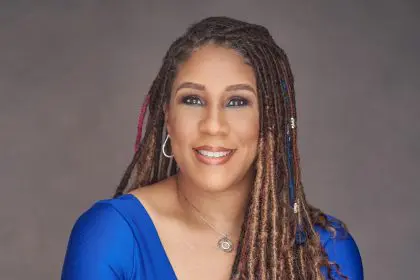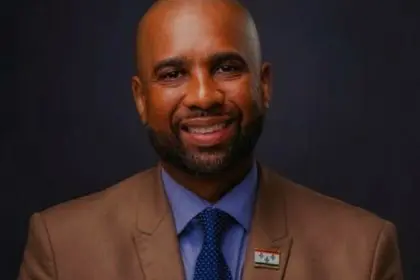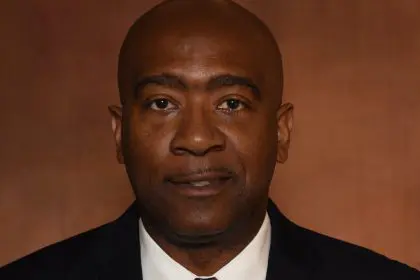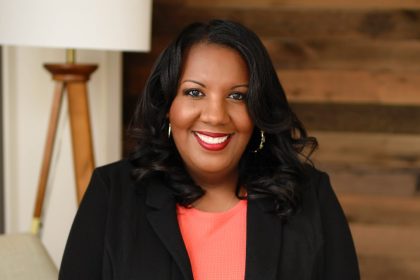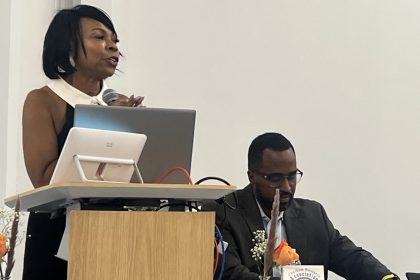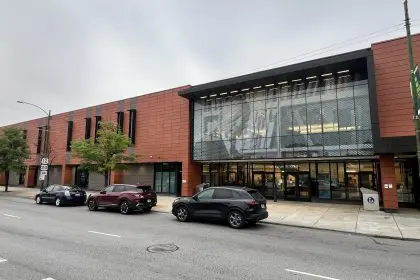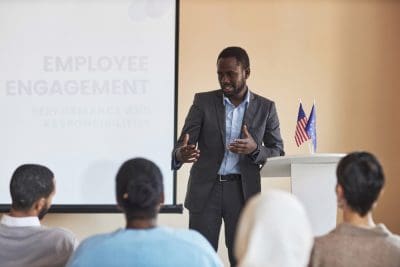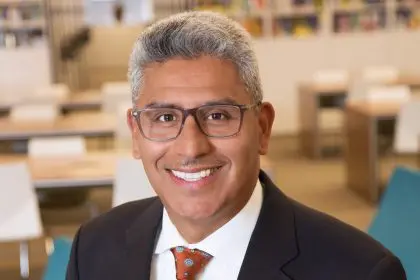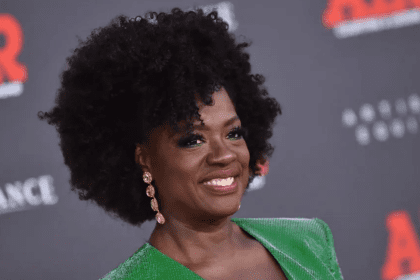In a recent episode of Equity in Focus, hosted by Kevin Hooks, we delve deep into the evolving world of green jobs and sustainable energy with Girard Melancon, a visionary in workforce development and an adviser on national energy strategies. This conversation sheds light on the power of green jobs, the integration of sustainable practices in traditional roles, and the critical importance of equity and accessibility in the burgeoning green economy.
Melancon’s journey is one of passion and purpose. Raised in southeast Chicago during turbulent times, Melancon was initially driven to combat crime and injustice. His experiences in Durango, Colorado, reshaped his approach, turning his focus towards empowering youth through career development. This shift not only changed his perspective but also set him on a lifelong mission to develop workforce strategies that uplift underrepresented communities.
The genesis of Durango Works
Durango Works, named after the city that sparked his journey, symbolizes Melancon’s commitment to creating peaceful, productive, and sustainable communities through workforce development. His organization aims to bridge the gap between traditional energy jobs and the emerging green sector, ensuring that workers are prepared for the evolving demands of the economy.
Melancon’s career transition from law enforcement to community development highlights his understanding that true safety comes from economic stability and opportunity. His work in juvenile justice taught him that providing young people with viable career paths and education can drastically alter their life trajectories for the better.
Melancon provides a broad definition of green jobs, emphasizing that they encompass traditional roles — like electricians and mechanics — equipped with new technologies and skills geared towards sustainability. He argues that green jobs are not just about installing solar panels but involve integrating sustainable practices into all aspects of work, from janitorial services using eco-friendly products to advanced manufacturing with a lower carbon footprint.
The discussion also touches on Melancon’s early work in juvenile justice, where he learned the importance of trust and relationship-building. He points out that many young people make poor choices because they lack good options, and once they connect with their true potential, they can make significant changes in their lives and communities.
Breaking barriers in green workforce development
As a leader in green workforce development, Melancon has been at the forefront of national discussions on how to ensure that the transition to a green economy is inclusive. He serves on the National Green Jobs Advisory Council, where he helps shape policies that aim to bring more women and people of color into well-paying, sustainable careers.
Trust is a recurring theme in Melancon’s approach. He believes that sustainable career development starts with building trust between educators, employers, and the community. This foundation allows for the creation of pathways that not only lead individuals to jobs but also help them grow and adapt as their industries evolve.
Looking forward, Melancon is focused on expanding the impact of Durango Works and continuing to advocate for policies that support the growth of green jobs. He emphasizes the need for ongoing education and adaptability in the workforce as the key to thriving in an economy increasingly defined by rapid technological advances and environmental considerations.
For those interested in connecting with Melancon or learning more about his work, he is accessible through various platforms including LinkedIn, Facebook, and his website, durangoworks.com. He encourages collaboration and conversation with anyone committed to fostering sustainable and equitable growth in the workforce.
In conclusion, Melancon’s insights into green jobs and workforce development highlight a crucial intersection of sustainability, equity, and economic opportunity. His work helps those looking to navigate the green revolution, ensuring that it benefits all layers of society, particularly those who have been historically marginalized.
AI assisted in summarizing this episode of Equity in Focus.

